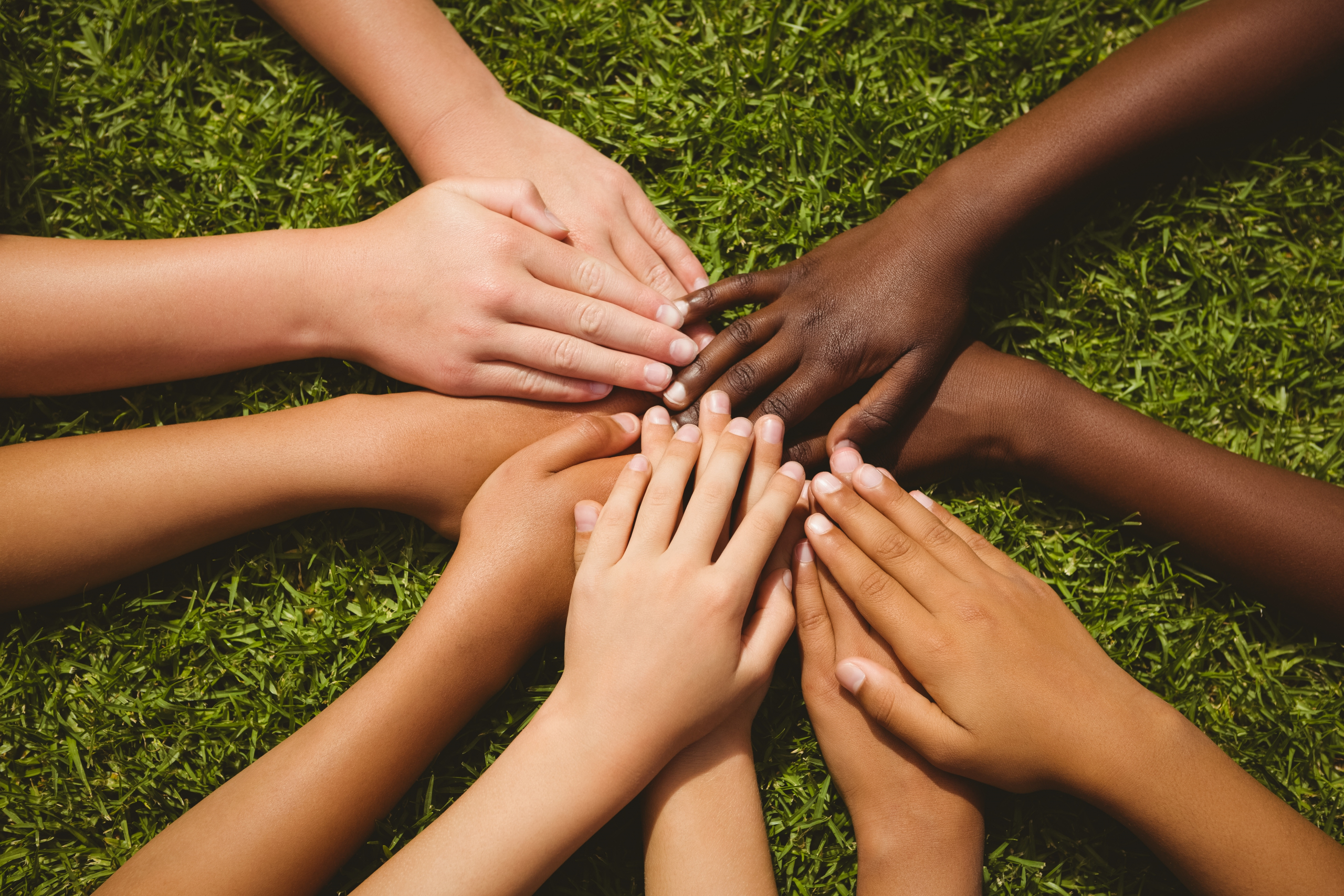Adoptees: The Center of The Adoption Triad
In the realm of adoption, a crucial concept known as the “adoption triad” exists, comprising birth parents, adoptive parents, and adoptees. This adoption triad forms a triangle, with adoptees occupying a central position. Yet, for some adoptees, the adoption experience can feel distant and not designed to benefit them fully.
I entered the world of adoption in 1997, a time when adoption resources were relatively scarce, the internet was emerging, and personal stories were seldom shared. One prominent resource during that period was “The Primal Wound” by Nancy Verrier, a book authored by an adoptive mother and therapist. With one biological daughter and one adopted daughter, Nancy began to observe substantial differences in their behavior and perspectives. This led her to a groundbreaking conclusion: adoption significantly impacts a child’s life. This notion challenged the prevailing secrecy surrounding adoption, reshaping the adoption community for the better. If you are part of the adoption triad or touched by adoption in any way, “The Primal Wound” is an essential read.
The couple chosen by my birth mother as my adoptive parents were enthusiastic about becoming parents through adoption. They had faced their fair share of challenges when attempting to expand their family. After years of struggle, they turned to adoption. My adoptive mother’s mother had also been adopted as an infant, giving my adoptive mother a sense of familiarity with the process. My adoption in 1997 mirrored my grandmother’s adoption in 1938 in structure. However, adoptions in 1938 were shrouded in secrecy, deceit, and denial. I had the privilege of interviewing my grandmother about her adoption experience, shedding light on the cultural norms of adoption in 1930s America.
These factors, combined with my grandmother’s experience, influenced my parents’ decision to maintain secrecy about my adoption. I remained unaware of my adoptive status during my childhood, only discovering the truth at the age of 8 after a series of events and my growing courage to ask probing questions. Once I finally asked, “Am I adopted?” the façade of secrecy crumbled, and my parents confirmed the truth. However, even with this knowledge, they kept the door firmly shut on any further inquiries about my biological origins. Secrecy prevailed, and I, as a people-pleaser, hesitated to delve deeper.
Unfortunately, my experience is not unique among adoptees. Until recently, closed adoptions were the norm. Thankfully, over time and through trial and error, open adoption and transparency with adopted children have become the expected and accepted standards in adoption practices.
One primary reason for withholding adoption information from the adoptee seems to be the emotions of the adoptive parents. Adoption typically becomes an option for families facing fertility challenges or pregnancy loss. While this is not always the case, it common. Hopeful adoptive parents frequently grapple with fertility issues and the heartbreak of failed pregnancies before turning to adoption as their last hope for building a family. The desire to shield adoptive children from knowledge of their heritage or biology stems from the emotional pain experienced by adoptive parents. They fear losing their adopted child to another family, similar to their fear of losing pregnancies. They may also grapple with a sense of shame, akin to birth mothers, for not being able to conceive or carry a child as others do. The secrecy in adoption is rooted in adoptive parents’ struggles with their own realities and emotions. But does this truly place the adoptee at the center?
Adoption is ultimately about the adoptee. The concept of adoption was conceived to help children in need, with one parent unable to raise their child finding a more suitable and capable caregiver. The practice is inherently child-focused, centered around what is best for the adoptee. Is it in the adoptee’s best interest to withhold information about their heritage and biology? While recognizing that some adoption stories are challenging, parents can always find age-appropriate ways to share information with their children and maintain open communication. This is particularly critical in adoption cases. Reading “The Primal Wound” reveals the adverse effects of secrecy in adoption on children. Astonishingly, adopted children account for 25 percent of suicide attempts and represent 40 percent of individuals in mental health institutions. Instead of escaping a difficult situation, adoptees often become victims of a new one.
To genuinely place the adoptee at the heart of the adoption experience, honesty is paramount. Honesty with both adoptees and ourselves. The circumstances that lead to adoptive families can be tragic, marked by loss and grief inherent in all adoptions. Each adoption, regardless of its joyous outcome, is founded upon loss. One family must relinquish a child for another to gain one. Adoptees not only have the need to know their story and heritage but also a fundamental right to it. Adoption can be a beautiful and enriching experience for all parties involved.
Personally, I have gained multiple traits from both my adoptive and biological families, doubling my love, talents, and gifts, as well as my sense of family. Adoptees should be celebrated for their uniqueness and the remarkable journey that brought them to their families. When everything remains a secret, adoptees may feel ashamed and sad about their own stories. Adoption can be a positive experience, but we must treat it as such and not hide from it. Let us not burden our adoptees with the weight of our emotions, whether adoptive or biological parents. Instead, share their stories, celebrate the wonderful contributions from both families, and embrace adoption as a unifying force within the family unit. Let us collectively celebrate our place within the adoption triad.









